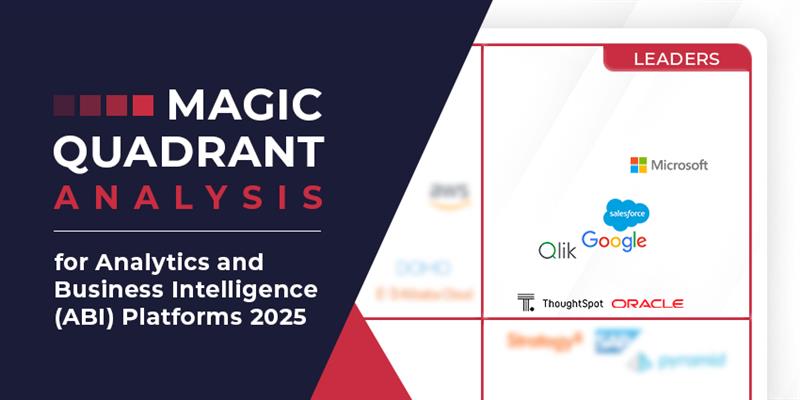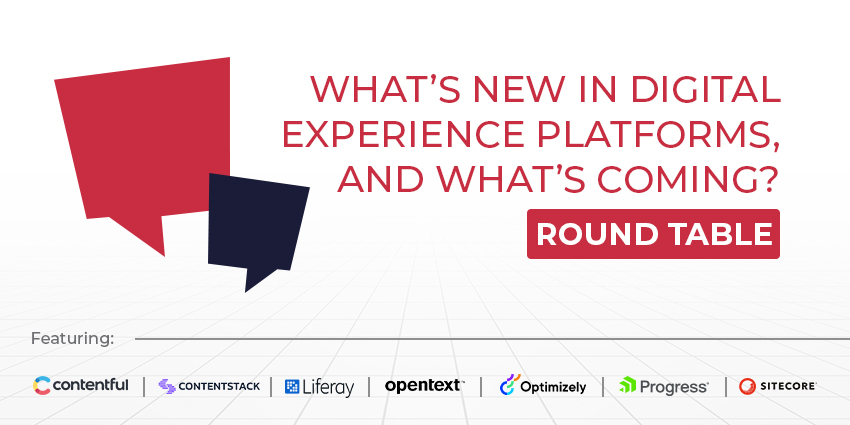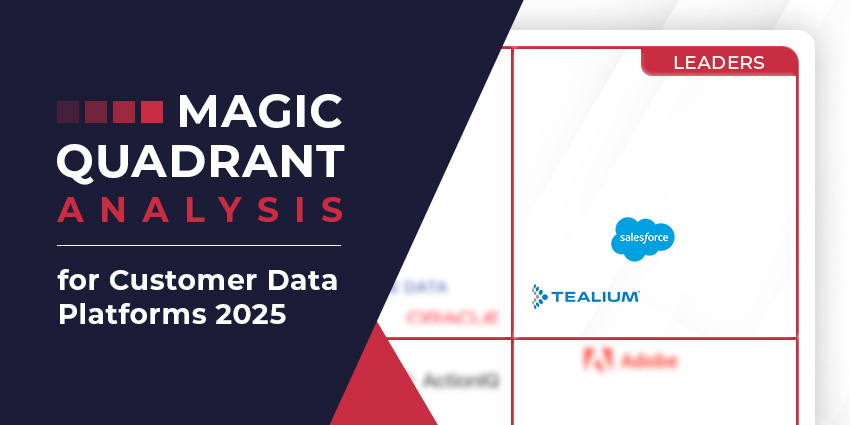Customer satisfaction is the lifeblood of any company, no matter what industry you might be in. However, to satisfy your customers, you also need to ensure that you’re equipped to deliver what they need. This isn’t always as simple as it seems.
The easiest way to prepare your business for effective interactions with customers, is to collect as much information as you can about every client and convert it into useful insights. That’s where Big data comes in. With big data, you can transform your customer’s experience in a multitude of ways, from offering personalised recommendations, to driving faster problem resolution.
Here’s what you need to know about the link between big data and customer satisfaction.
How Big Data Delights Your Customers
Big data refers to the huge amounts of structured and unstructured data that companies collect every day through conversations, processes, and activities. This data requires careful processing, often using tools that leverage AI to sort through massive amounts of information fast and pinpoint key trends.
Today, big data is a reality of virtually every organisation, as we’re all creating data at an incredible rate. Every time your agents interact with a customer, log a support ticket, or make a call, they’re creating more data. Learning how to leverage that information is how you transform your customer service strategy. Indeed, 58% of companies see a significant increase in customer retention as a result of using customer analytics.
With big data you can:
- Empower employees: Companies can use big data to empower employees with an internal knowledgebase. You can even attach that knowledgebase to a virtual assistant that can deliver answers to questions in seconds, and support staff with notes on specific accounts
- Personalise customer service: With access to useful insights about your customers and their preferences, it’s much easier to make recommendations on the kinds of products and services that will benefit them most
- Deliver self-service: Once you see what kind of queries your customers have most often, you can create FAQ pages and chatbots that allow them to solve their own issues. This leads to faster problem resolution for customers, and less pressure on human agents.
- Predictive analytics: We can learn from the huge amounts of data that we have about customers and their journeys to predict what people might need in the future. This could mean that you can get ahead of your customer’s needs and deliver better experiences as a result.
- Improved productivity: Companies can also use big data to determine which processes are the most effective in their business, and where productivity gaps exist. This leads to better opportunities for employee performance in the future.
Using Data to Transform Customer Experience
Big data offers companies a behind-the-scenes view into their customers and their needs. It can also offer a fantastic insight into the processes of a business, and the way that employees work. When teams learn how to leverage big data properly, they can use it to deliver more meaningful experiences to customers, while simultaneously enhancing the performance of staff.
As we know, when employees are empowered to perform at their best, they also assist in making the customer experience more memorable for all of the right reasons. While big data can seem like a daunting concept at first, the reality is that it’s a powerful tool for business performance, customer loyalty, and differentiation.







